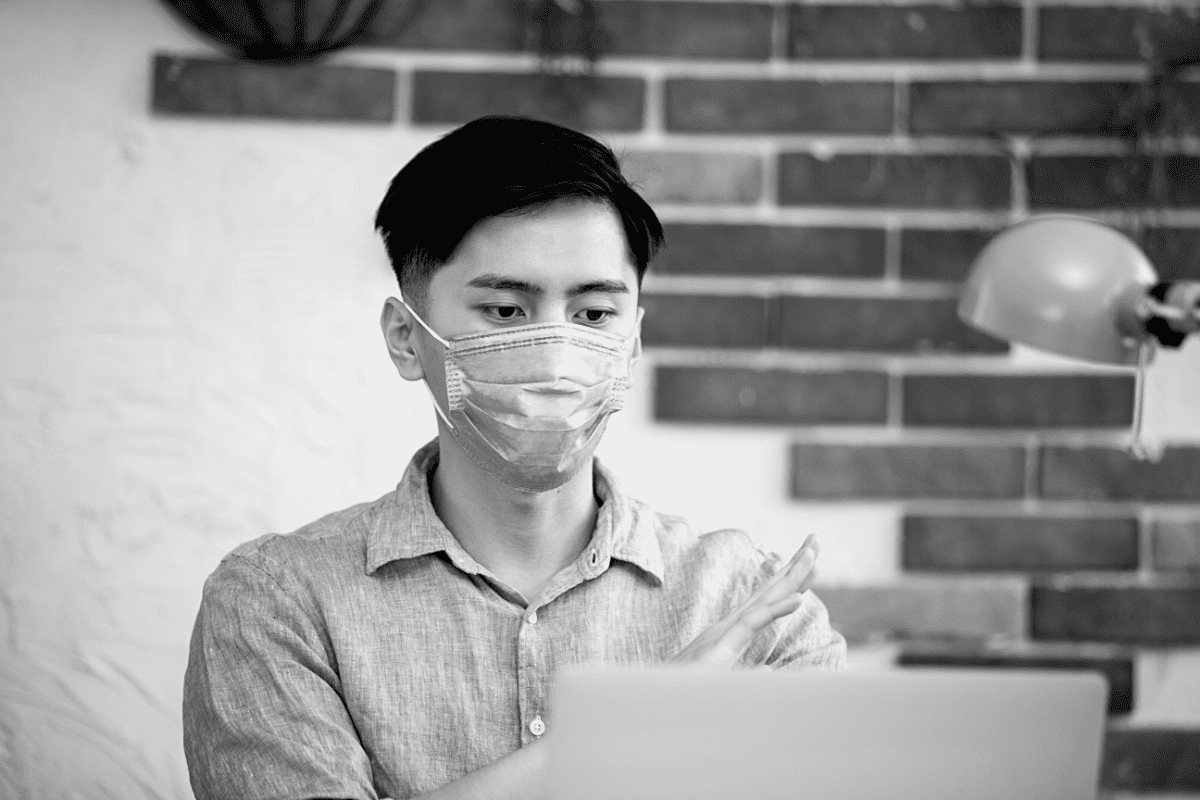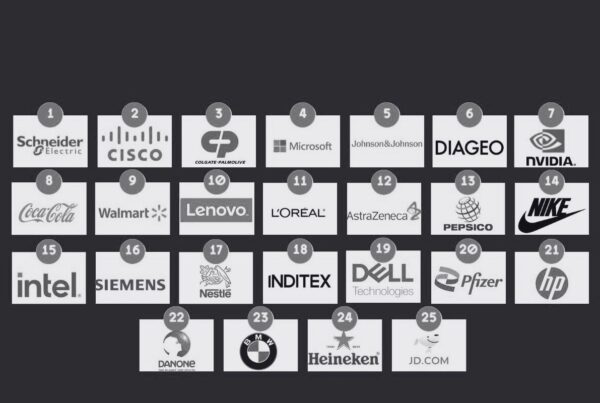Many centred around the workplace, and its expansion to a multi-location, global network connected by digital tools and empowered by a thriving work culture. But while we were already leaning toward a new concept of the workspace itself, the office was our de facto, our status quo.
Not anymore. Now we have to acknowledge that there is work pre-pandemic, and there is work during the pandemic. We haven’t gotten to the post-pandemic workplace era yet, and it may be quite a while until we do, so the near future may look a lot like it does now.
The good news is that we’ll be able to draw on the lessons we’ve learned about what enables a workplace to function. Here’s a hint: it’s not about space, it’s about people — and that shift in and of itself requires a big change in how we shape, manage, lead and tend.
New expectations
From concerns about safety to a growing affinity for flexibility and remote work, leaders need to accept that this is, in many ways, a changed workforce. Many non-essential workers aren’t going to want to go back to full-time, in-house, nonstop workdays bookended by long commutes or stints on public transportation. They’re going to want to be near their children and their loved ones, and safely insulated from exposure as much as possible.
While it’s not possible in all industries or businesses to allow employees to be fully remote, providing that option is going to be a competitive differentiator for employers in those that are. In certain industries, the option to be remote and flexible is going to be seen not as a nicety, but a must — one that’s high on the list of employee expectations.
This creates a new set of responsibilities for HR teams. They need to create a whole framework around onboarding that focuses on facilitating remote access and communication, as well as transmitting the work culture and ensuring connection.
Acknowledging the pressures of work and life in the presence and aftermath of a pandemic means a lot of contacts, a lot of surveys and a lot of informal reaching out. That has to become part of the new hire’s experience — and it will have a profound (and positive) impact on their feelings toward their new employer, and the likelihood that they stay.
Whatever osmosis went on when a new hire came into the physical workplace has to transfer into the digital one.
The future is no longer an open-ended ideal, certainly; the pandemic has put a stop to that. Once we’re through the experience, it will have changed how we view the workplace for good. By shifting to remote and flexible, we’ve also shifted, finally, to understanding that life and work do truly need to be integrated for people to thrive. Whether our post-pandemic workplace puts us back in the office or back in the living room, that’s going to be universal.
Bastian Consulting is a boutique search practise that concentrates on sourcing leaders that deliver change across the Asia Pacific, we have the expertise to source leaders that can transform your business and thrive in times of rapid change. To know more, you can reach out to Tony on +61 (0) 409 090 434 or tony@bconsult.io
Source: Indeed





